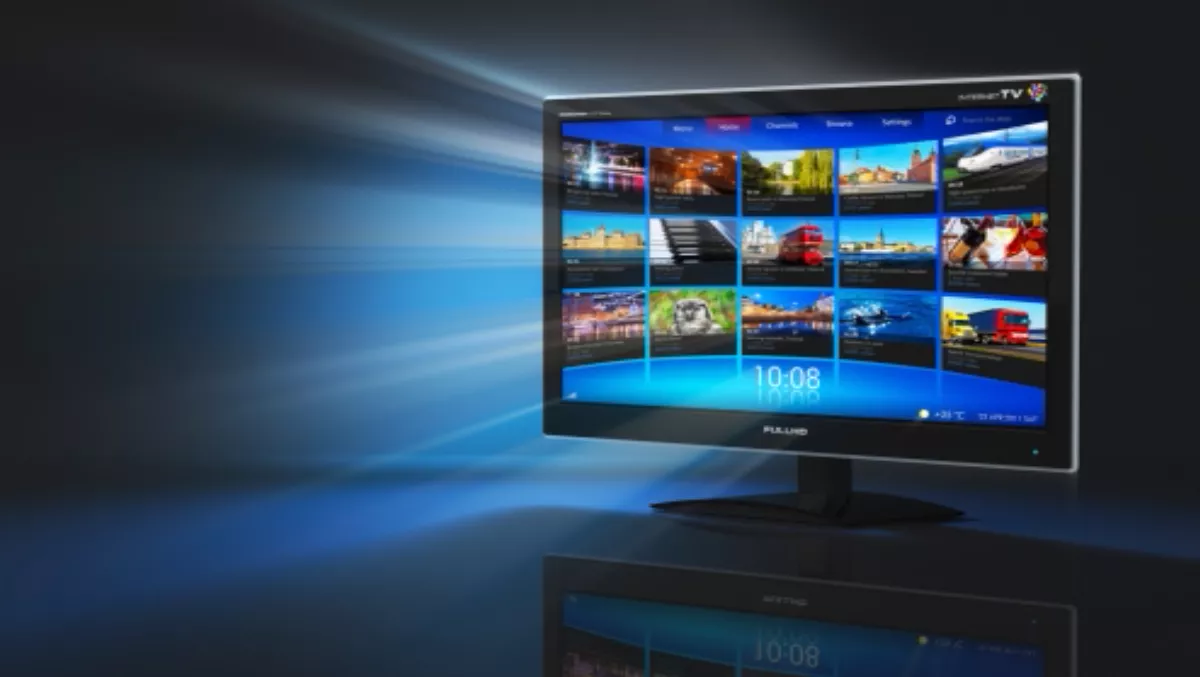
The future of TV is here…
A revolution is about to storm through living rooms...
Television and the way we watch it are undergoing a monumental change as software developers turn their hand to the creation of innovative, useful and user-friendly TV apps.
Never mind 3D, HD or holograms, it is internet connectivity, and with it the advent of apps that will truly revolutionise our home entertainment options.
Sulabh Sharma, director of app development company Sush Mobile, says changes to the way television is delivered and consumed in the immediate future will be limited only by the imagination of developers.
“The change in the way we consume television that’s coming is huge, probably the biggest paradigm shift since television was freed from the grip of public broadcasters,” she says.
Technology giants Apple and Samsung are already developing smart TVs. Apple TV is currently in the form of a puck-like box that allows you to buy movies and music through the iTunes store and browse a limited number of intenet sites such as YouTube and Vimeo.
Although television production companies, providers and broadcasters have already made tentative steps into the world of apps with products such as on-demand viewing and digital programme guides, the scope for further development is huge.
"While TV apps have already been developed for use on mobile phones there will be a flood of apps developed specifically for use on your home TV," she says.
“Whether it’s apps that offer information on shows, a social media platform, or those that enable bespoke, individual programming, apps are the way we will all be watching TV in the near future.
“It’s just a matter of developers figuring out where the best value lies for the consumer.”
Sharma says TV apps will be content and communications driven. Consumer pick-up would likely be higher for the right apps, as consumers had already demonstrated they were more prepared to pay for television content, than they were for general internet and mobile content.
Content providers will be able to market and sell to consumers directly, rather than the consumer being locked into what broadcasters are offering.
In the future, with consumers logging into their TVs via the internet, there will be much greater scope for advertising to be tailored to consumers’ individual preferences.
Pay TV companies could use apps as an “added value” for loyal customers or as an incentive to sign up subscribers - much in the same way DVD sales had traditionally been driven by special features.
The opportunities created by the transition to smart TV technology will mirror how the move to smart phones changed the face of mobile phones.
But the transition to smart TV isn’t possible without homes being hooked up to Ultra Fast Broadband, which the Government is currently rolling out. Internet TV relies on having access to the fastest data speeds.
"As long as the app fundamentals - simplicity, user-friendliness, and relevance - are adhered to, there is nothing stopping developers from changing the face of television viewing entirely," Sharma adds.
Is the future of TV already here? Tell us your thoughts below

